What Kpop Demon Hunters Teaches Us About Asian Cultural Values
*Spoilers ahead*
Netflix’s Kpop Demon Hunters movie has taken over the pop culture world! If you haven’t seen it yet, you likely have at least heard of it or seen clips on social media. Aside from its masterful soundtrack, unique plot line, and influential integration of Asian culture into mainstream Western media, there are also cultural values that are captured in the movie that tie into supporting Asian mental health. The next time you watch (or re-watch) Kpop Demon Hunters, see if you notice any of these themes!
Conformity & Shame
In the movie, Rumi has to hide her demon markings from her entire community - her friends, her fan base, and the world. She goes to great lengths to hide these marks, to the point where it interferes with her ability to engage in certain activities (i.e. going to the bath house, restrictions on certain clothing she can wear).
While her markings in the movie are part of a bigger plot device, they also serve as an allegory for the push for conformity and shame-based culture that lies within Asian society. Asian culture places a heavy emphasis on sameness and fitting in with everyone else. Standing out and being different are generally undesirable traits - even when it comes to things that people can’t control, like allergies, disabilities, or requiring greater support.
Community
Huntrix, the girl group in the movie, is a source of connection and community for Rumi. The movie highlights the strength that community brings the individual, and the emphasis on finding social support in Asian culture. In the movie, the Huntrix girls are colleagues in their profession, but also provide each other physical and emotional support (i.e. going to the doctor together) and a sense of belonging.
Work Ethic
In the movie, just as the Huntrix girls are about to take a hiatus after finishing their concert, one of the members announces they will release a single instead of taking their planned vacation. While this is also due to a greater plot device in the movie, it parallels the intense and grueling work ethic that is prominent in many Asian cultures. Many Asian people feel pressure to constantly work hard, achieve, and perform efficiently in their classes or jobs. For example in Chinese culture, there is something called “996”, which stands for working 9 am to 9 pm, 6 days a week. While it is now illegal for companies to require this of their employees, the intense overtime work culture in Asia continues to persist.
Filial Piety
In the movie, Jinu becomes a demon after making a pact with the demon Gwi Ma in exchange for wealth and success to help his impoverished family. Jinu’s sacrifice embodies the Asian value of filial piety - a Confucian principle that children should treat their elders with profound respect, responsibility, and care.
Love Language of Food
Finally, Kpop Demon Hunters does an excellent job embodying the cultural value and love language of food. In many Asian cultures, instead of asking each other “How are you doing?”, the customary greeting is food related - “Did you eat yet?” In the movie, there are various scenes highlighting the characters bonding over a meal!
Can’t get enough of the movie? Read this awesome blog post to learn more about cultural easter eggs you might have missed!
https://lingopie.com/blog/k-pop-demon-hunters-traditional-korean-easter-eggs-you-probably-missed/
About the Author
Adora (she/her) is a licensed clinical mental health counselor associate and owner of Spring Day Therapy PLLC. In the past she has worked in various mental health settings with different age groups, populations, and levels of care. In the therapy room, Adora operates from a DBT-informed and culturally-responsive lens to support clients in working through challenges and create real-life changes. Her work is further enhanced by her passion and training in supporting Autistic individuals and providing culturally responsive care for Asian populations.
Outside the therapy room, Adora has experience working in mental health research, and is also the founder and president of FAUNA Mental Health Foundation, an Asian mental health advocacy nonprofit. She currently leads an international team of volunteers and interns to provide accessible mental health resources through their website and workshops with community partners.
Interested in receiving therapy with Spring Day Therapy? Fill out an interest form below to schedule a free 15-minute phone consultation with Adora!





